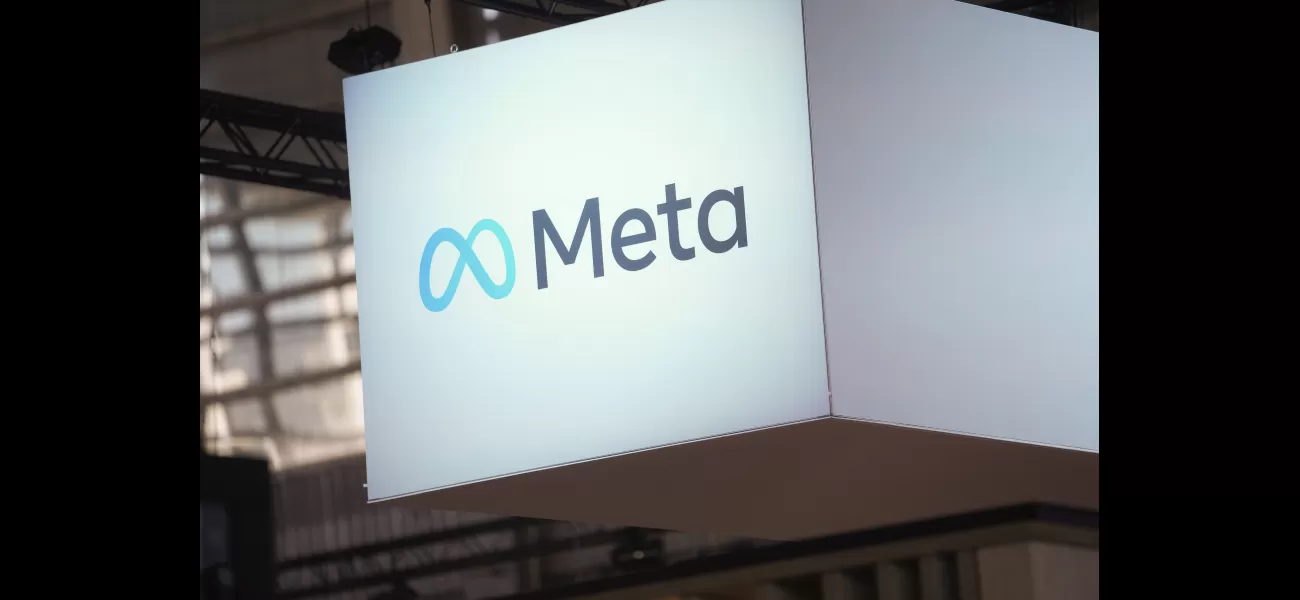Meta files can be used to limit the power of the FTC.
Tech giant claims agency has "unconstitutional power” in lawsuit.
November 30th 2023.

Meta is taking the Federal Trade Commission (FTC) to court over the constitutional validity of its internal enforcement system. The tech giant filed a suit late Wednesday in response to the FTC’s 2020 privacy settlement against the company, which accused Meta of breaching the terms of the agreement.
Meta is challenging the FTC’s power to resolve cases without bringing it to a federal court, as provided by the FTC Act of 1914. Under the Act, companies facing charges from the FTC are able to settle the charges or challenge them in an administrative court, where the FTC commissioners make the final decision. At that point, companies can appeal in a federal appellate court.
Meta believes that this system allows the FTC to be both the prosecutor and the judge in its enforcement, and is thus violating its due process rights. This is not the first time such a challenge has been made. The Supreme Court is currently hearing arguments on a challenge to the Securities and Exchange Commission’s authority to enforce federal laws, and the Consumer Financial Protection Bureau also faces similar legal tests of its authority.
In April, the Supreme Court ruled against the FTC in a similar case. In its ruling, the Court stated that defendants can bring constitutional challenges to the agency’s administrative enforcement authority prior to resolving the underlying case. As a result, the FTC dropped its challenge to the merger of two police equipment-makers, rather than litigate the constitutionality of its procedures.
Meta is seeking to pause the FTC’s case while its lawsuit and appeal play out. “The FTC shouldn’t be the prosecutor, judge, and jury in the same case,” stated Chris Sgro, a Meta spokesperson. The FTC has declined to comment. The outcome of this case will be closely watched by other companies facing similar disputes with the FTC.
Meta is challenging the FTC’s power to resolve cases without bringing it to a federal court, as provided by the FTC Act of 1914. Under the Act, companies facing charges from the FTC are able to settle the charges or challenge them in an administrative court, where the FTC commissioners make the final decision. At that point, companies can appeal in a federal appellate court.
Meta believes that this system allows the FTC to be both the prosecutor and the judge in its enforcement, and is thus violating its due process rights. This is not the first time such a challenge has been made. The Supreme Court is currently hearing arguments on a challenge to the Securities and Exchange Commission’s authority to enforce federal laws, and the Consumer Financial Protection Bureau also faces similar legal tests of its authority.
In April, the Supreme Court ruled against the FTC in a similar case. In its ruling, the Court stated that defendants can bring constitutional challenges to the agency’s administrative enforcement authority prior to resolving the underlying case. As a result, the FTC dropped its challenge to the merger of two police equipment-makers, rather than litigate the constitutionality of its procedures.
Meta is seeking to pause the FTC’s case while its lawsuit and appeal play out. “The FTC shouldn’t be the prosecutor, judge, and jury in the same case,” stated Chris Sgro, a Meta spokesperson. The FTC has declined to comment. The outcome of this case will be closely watched by other companies facing similar disputes with the FTC.
[This article has been trending online recently and has been generated with AI. Your feed is customized.]
[Generative AI is experimental.]
0
0
Submit Comment





